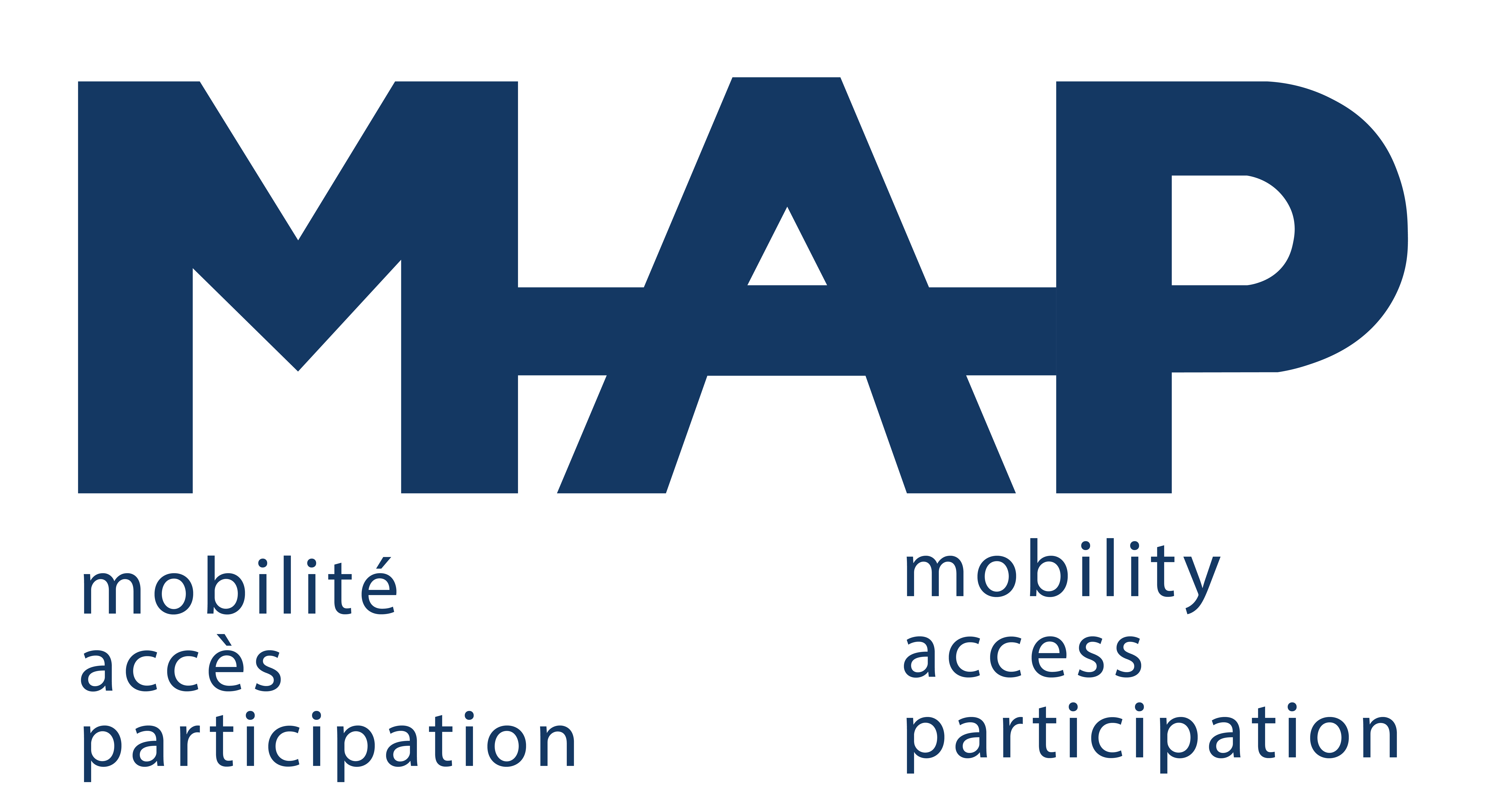
This is a summary of “Bridging the gap between academia and community” contained in the Independent Senior Centres: Connecting and Supporting Older Adults in Metro Vancouver report.
You can read the full report here:
SFU researchers and community partners interviewed board members, staff, and senior centre members at six not-for-profit senior centres in Metro Vancouver. One area of focus was to identify gaps between academia and senior centres and find new opportunities for collaboration. The team found that research conducted at senior centres sometimes may not be useful to centre staff and members because the focus of that research doesn’t address their needs. The study identified four ways that research could benefit senior centres, as well as some practical tips for engaging in community based-partnerships:
- Using research tools to support funding of programs and services by providing community organizations with the tools to collect data and evaluate programs and services themselves, or by researchers completing formal evaluations of programs and sharing the results with the community organizations .
- Promoting advocacy and policy change by sharing research results widely on issues that impact individuals being served by community organizations.
- Helping community organizations conduct community needs assessments.
- Using evidence-based practice to inform program development
Practices to bridge gaps between academia and community organizations
- Engaging in research that is of value to community-based organizations.
- Involving community-based organizations from the beginning (e.g. collaborative development of the research questions and study design).
- Create a guide for facilitating effective partnership between researchers and community-based organizations.
- Use an equitable approach to partnership (e.g. establishing partners with community-based organizations, even if they aren’t located close to the research institution)
- Creating research budgets that include compensation for community organization staff time.
- Prioritize sharing research results with community-based organizations and other relevant stakeholders in a meaningful and practical way.
Kadowaki, L., Wadman, A., Kupferschmidt, A. L., & Wister, A. (2023). Independent Senior Centres: Connecting and Supporting Older Adults in Metro Vancouver.
